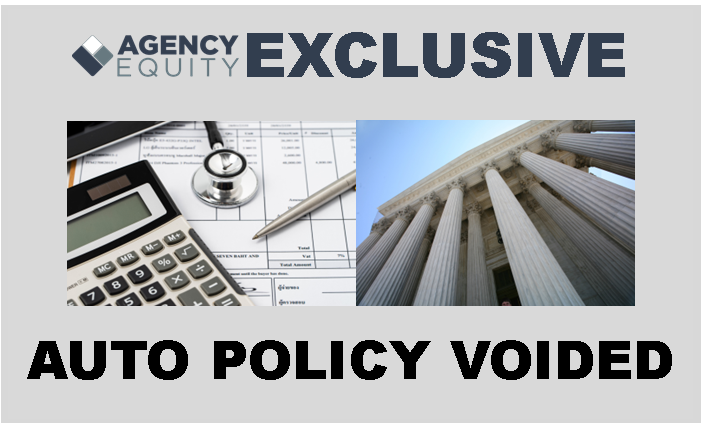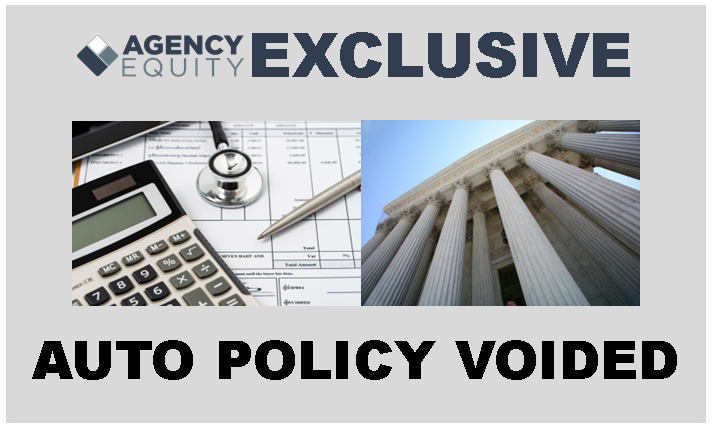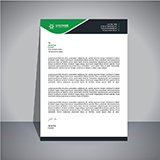
Independent insurance agencies can have hundreds or thousands of clients. Most will at minimum do what they’re asked to if a loss happens. Some will not. An agency and one of its carriers were sued after an insured lied on his application and did nothing in response to a car accident he caused.
The case stemmed from a head-on collision between two vehicles in Texas in July 2020 where the insured was at fault and the woman driving the other vehicle was injured. The court’s opinion did not specify the injuries she suffered, but they were severe enough that she sued him six days after the accident. The opinion also did not state how much she sought in damages.

The day after she filed the lawsuit, she notified the carrier and agency of a potential claim. After the carrier investigated, they concluded that the insured had made “materially false statements in the insurance application regarding the ownership of the vehicle (he) was driving.” Thirteen days after the accident, they responded by rescinding the policy and declaring it void from inception. As there was no in-force policy, they denied liability coverage for the woman’s injuries.
A week after the coverage denial, the claimant sent the carrier a demand that it meet its legal “duty to settle third-party claims against its insureds when it is reasonably prudent to do so.” The carrier rejected the demand, again telling her no policy had been in force.
Meanwhile, the insured never responded to the woman’s lawsuit or cooperated with his insurer. Since he did not contest the suit, a court awarded her a default judgment just five weeks after the accident. It also assigned to her the benefits of any successful claims the insured had against the carrier and agency. She forwarded the notices of the suit and default judgment to the carrier with another demand for coverage. That demand was rejected as well and she filed suit against the carrier and agency that fall.
The agency and carrier argued in defense that the policy was void because of the insured’s misrepresentations and because he violated the policy conditions requiring him to cooperate with them after a loss. More than a year of competing motions ensued. The case went to trial in March 2023 and the trial judge ruled in favor of the agency and carrier.
She apparently decided that the amount of damages she was seeking were worth pursuing further, and she appealed. In February 2024 the three appellate judges also ruled against her. They held that she was bound by a prior ruling against the insured that declared his policy void. As the third-party beneficiary of the policy, she had no more rights than the insured had, and, the court agreed, he had forfeited those rights.
It does not appear that the agency did anything wrong in this case. They simply sold insurance to an irresponsible customer. Voiding a policy is the most extreme measure an insurer can take, particularly after a serious accident has occurred. The insured’s misrepresentation must have been blatant for the carrier to take this step. That, combined with the fact that the insured ignored a lawsuit and never informed the insurer of a serious car accident, indicates that this client would have been trouble for anyone. The agency was unlucky in that regard.
However, one thing not mentioned implies good errors and omissions liability loss control on the agency’s part. There was apparently no dispute over what the insured presented in the insurance applications – no argument that the insured never indicated that he owned the car or that the agency completed the applications without his approval. This indicates that the agency had solid documentation and probably applications signed by the insured. Good documentation and signed applications will always help an agency win an E&O suit, as it must have done here.
















